Description
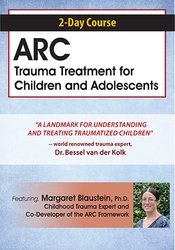
- Faculty:
- Margaret Blaustein
- Duration:
- 11 Hours 59 Minutes
- Format:
- Audio and Video
- Copyright:
- Oct 02, 2018
- Tune into engagement
- Factors that affect engagement in trauma treatment
- Strategies to support child, caregiver, and provider engagement
- The role of education
- Tune in to the role of education in thoughtful trauma intervention
- Use of routines and rhythms to build safety and support goals
- Strategies to increase felt safety through predictability
- Build self-regulation with daily routines
- Use of structures to support treatment goals
- Manage caregiver responses to trauma reactions
- The cycle of dysregulation between child and caregiver
- Tools to help caregivers to recognize their own emotions
- Address feelings of helplessness, inadequacy and rejection
- Approaches and techniques to teach caregivers to:
- Identify their triggers
- Depersonalize trauma driven behaviors
- Cognitively reframe responses to trauma reactions
- Use self-talk to counter self-blame
- Handle “button-pushing” behavior
- Attunement strategies for positive attachment
- Learn the emotional language of kids who have experienced trauma
- Become a “Feeling Detective” to read emotional cues
- Identify child’s trauma triggers and responses
- 5 steps to master reflective listening – help kids feel heard
- The power of building effective responses in establishing secure attachment
- Use attunement skills to understand behaviors
- Identify the “go-to’s” of behavior response
- Experiment purposefully with other strategies
- Identify triggers and emotional responses
- Use labeling to raise awareness of feelings
- How feelings show up in thoughts, behaviors and the body
- Where feelings and body states come from
- Modulate emotion and the body’s alarm system
- ”Feelings Toolkit” for emotional experience tolerance
- Teach kids to understand degrees of feeling
- Connect children to their bodies
- Understand and regulate the arousal response
- Explore relationships and build connections
- Help children understand the role of relationships
- Identify safe resources and healthy relationships
- Approaches to develop effective communication skills
- Strengthening executive functions
- Ways to build problem solving and negotiation skills
- Impulse control exercises
- Self-identity developments
- How to explore individuality
- Techniques to establish positive self-recognition
- Contextual aspects of self and identity
- Approaches to develop future orientation
- Trauma Experience Integration
- Understand state-based treatment
- The role of the core ARC targets in integrating traumatic experiences
Margaret Blaustein – 2-Day Course: ARC Trauma Treatment For Children and Adolescents
Description
Treating a child in isolation doesn’t work. Without addressing trauma with both the child and caregiver system your efforts will fail to reach their greatest therapeutic effectiveness.
Co-developed by Dr. Margaret Blaustein, ARC (Attachment, Regulation and Competency) is a flexible framework proven to enhance effective trauma treatment by intervening with both the child and the caregiver system; allowing you to foster the supportive environment necessary for healthy development and lasting change.
THIS COURSE IS YOUR CHANCE TO LEARN THE ARC FRAMEWORK FROM DR. BLAUSTEIN HERSELF!
Watch and discover what over 300 agencies and child-serving systems already know. ARC gives you a roadmap to cultivate attachment in traumatized kids, build the self-regulatory skills they need to identify and manage powerful emotions, and establish a positive sense of identity that will set the stage for a healthy and fulfilling adult life.
This offer may not come your way again! Don’t miss out on this rare opportunity to transform your treatment of childhood trauma and achieve sustainable positive outcomes for this most vulnerable population.
Handouts
| Manual – ARC Trauma Treatment (5.5 MB) | 116 Pages | Available after Purchase |
| Supplemental Handout – Examples of Goals, Objectives and Interventions (174.7 KB) | 10 Pages | Available after Purchase |
| Instructions for ASHA Credit – SELF STUDY ONLY – 10/03/18 (0.03 MB) | Available after Purchase |
Outline
THE ARC TREATMENT FRAMEWORK
Build a Foundation for Treatment
How to Foster Attachment: Work with the Caregiver System to Build a Safe-Enough Container
Regulation: Manage Out of Control Emotions and Reduce Difficult Behaviors
Competency: Build Resilience and Establish Identity and Sense of Self
Faculty

Margaret Blaustein, Ph.D. Related seminars and products: 3
Margaret E. Blaustein, Ph.D., is a practicing clinical psychologist whose career has focused on the understanding and treatment of complex childhood trauma and its sequelae. Dr. Blaustein is co-developer of the Attachment, Self-Regulation, and Competency (ARC) treatment framework (Kinniburgh & Blaustein, 2005), and co-author of the text, Treating Complex Trauma in Children and Adolescents: Fostering Resilience through Attachment, Self-Regulation, and Competency(Blaustein & Kinniburgh, 2010).
Dr. Blaustein’s work has been hailed as “a landmark for understanding and treating traumatized children” by world renowned trauma expert Dr. Bessel van der Kolk, and has been embraced by over 300 agencies and/or child-serving systems in the U.S. and abroad who use the ARC framework.
She has provided extensive training and consultation to providers worldwide. Dr. Blaustein is the director of the Center for Trauma Training in Needham, MA, and is actively involved in local, regional, and national collaborative groups dedicated to the empathic, respectful, and effective provision of services to this population.
Speaker Disclosures:
Financial: Margaret Blaustein is the director of training and education at the Trauma Center in Boston. She is an author and receives royalties from Guilford Publications.
Nonfinancial: Margaret Blaustein has no relevant nonfinancial relationship to disclose.


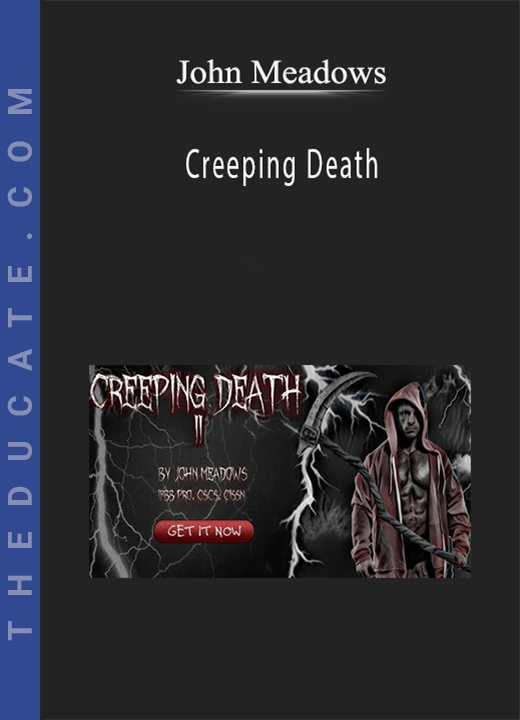
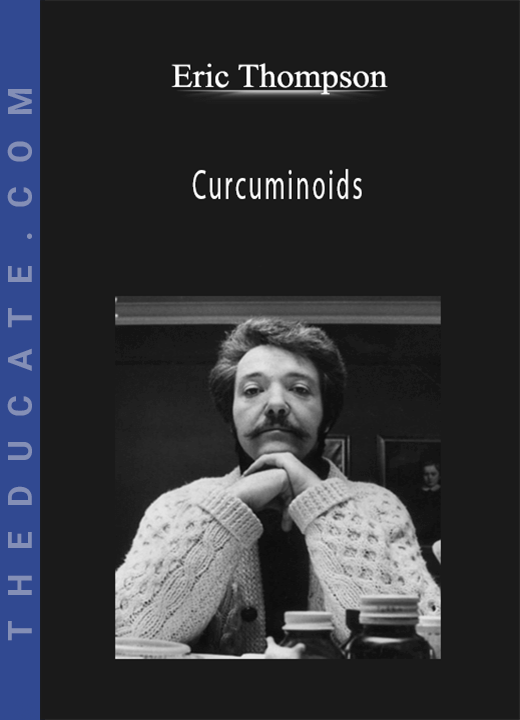
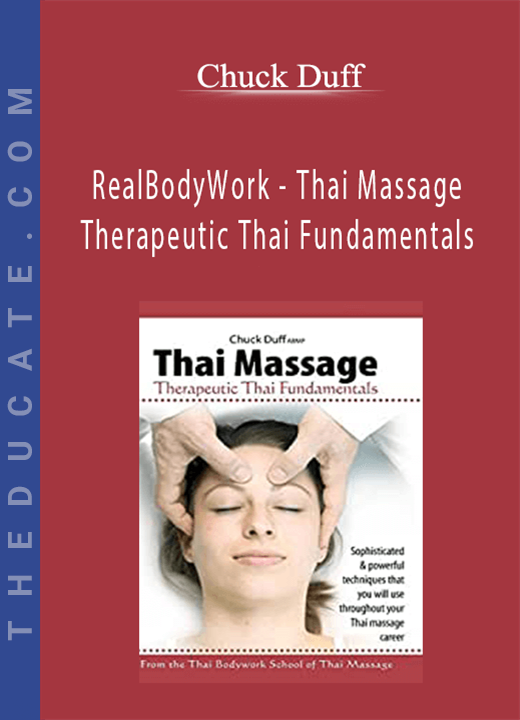
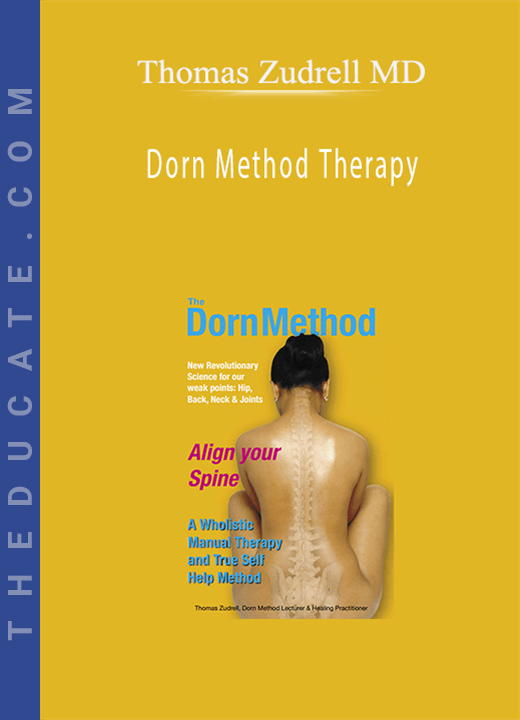
7 reviews for Margaret Blaustein – 2-Day Course: ARC Trauma Treatment For Children and Adolescents
There are no reviews yet.